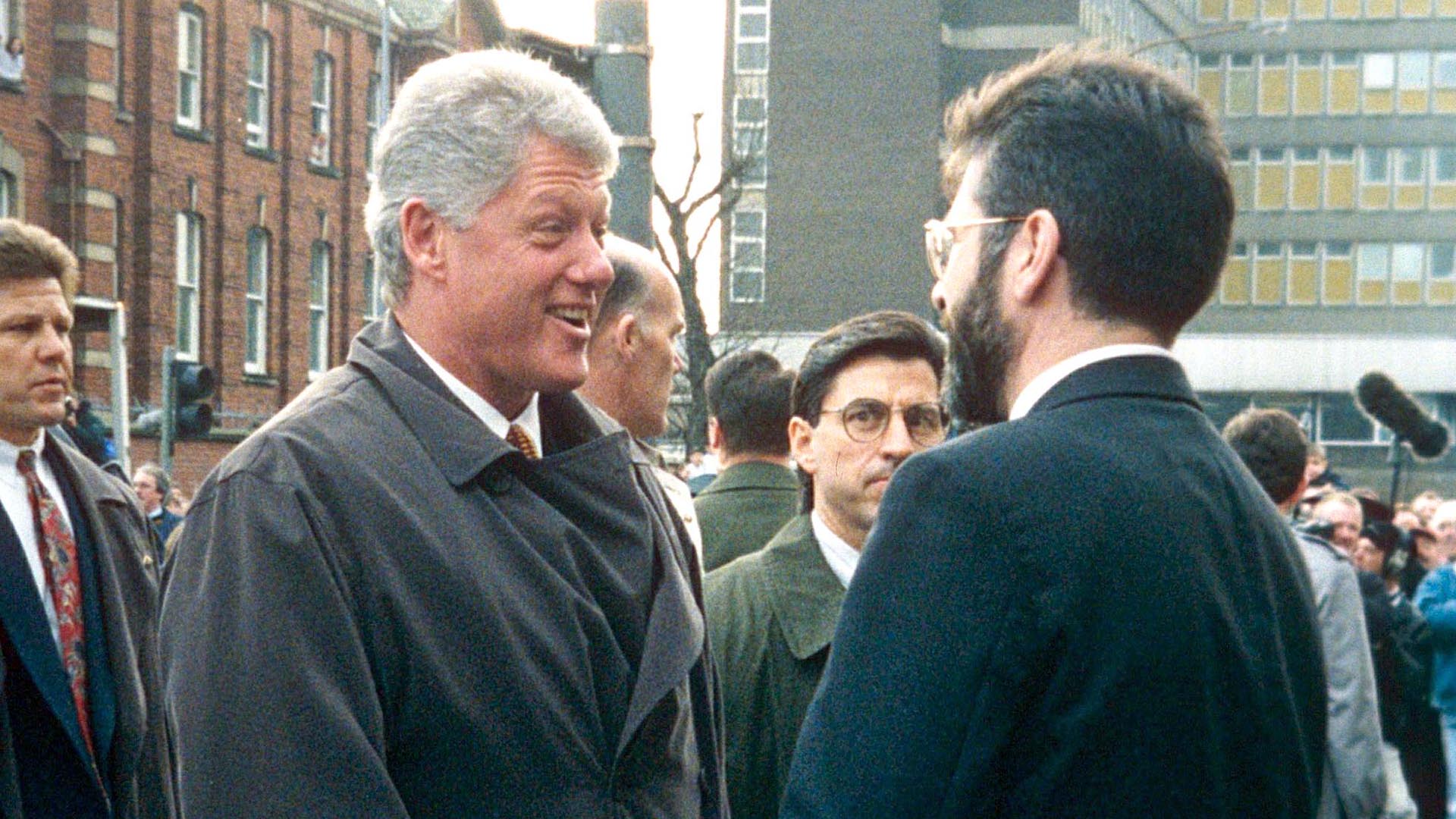It used to be standard. Certain broadcasts for TV shows would be available everywhere, except for viewers in Scotland and Northern Ireland. REAL TV wasn’t for uppity Celts! People up in the extremities didn’t need such programmes, and instead were fed local fare. Armando Iannucci created a brilliant sketch about this called Except For Viewers in Scotland. In it, he went to heaven, a multichannel paradise, where things that had been broadcast elsewhere to everyone except for viewers in Scotland could now be watched, like the first-ever live interview with an alien that had been replaced in Scotland by a Paul Coia quiz show about hills.
Something similar is happening now, except for voters in Scotland and Northern Ireland. But this time they’re the ones holding the remotes. Two things are moving along that could impact on the future of the UK in ways that are either being ignored or quietly dismissed beyond their borders.
- 2023 is a crucial year for Northern Ireland’s future
- The desire for Scottish independence is not going away
- Nicola Sturgeon and Jacinda Ardern – what two shock resignations tell us about good leadership
Your support changes lives. Find out how you can help us help more people by signing up for a subscription
The first is the election of a new leader of the SNP. Unless you’re a viewer in Scotland you may not be aware that three people are in the running to replace Nicola Sturgeon, the current SNP chief and First Minister. She resigned, taking everyone by surprise, several weeks ago. One of the candidates will be announced the victor on March 27, and whoever that is it will impact where the independence movement sits, and therefore the future of the UK.
The three are very different. Humza Yousaf, the current health minister, is the continuity candidate, from the social democratic wing of the party, keen to call a snap election if he wins, putting the issue of independence front and centre again. His weak record as health minister is casting a shadow. His closest rival is Kate Forbes, the finance minister, fiscally conservative, felt to have done a good job in her finance brief, but due to being a member of the Free Church of Scotland (wee frees) holds less than progressive personal views on equal marriage and women’s right to choose, issues that have dogged her campaign and caused concerns. Ash Regan, the final of the trio, is woolly on plans and not considered a likely winner.
A poll for YouGov last week put support for a Yes vote in another independence referendum at 39 per cent, something of a dip. And while this may be received as a growing tolerance for the Union, don’t count on it. A perceived drop in backing may embolden Westminster enough to grant Scotland another indy ref because they are confident of a win and therefore an end to the matter for decades. But it should be remembered how much ground was made up in the Yes camp in 2014. And that there are always a high percentage of don’t knows in these polls, who could be convinced by a good argument. If Yousaf wins, the hare is running.











